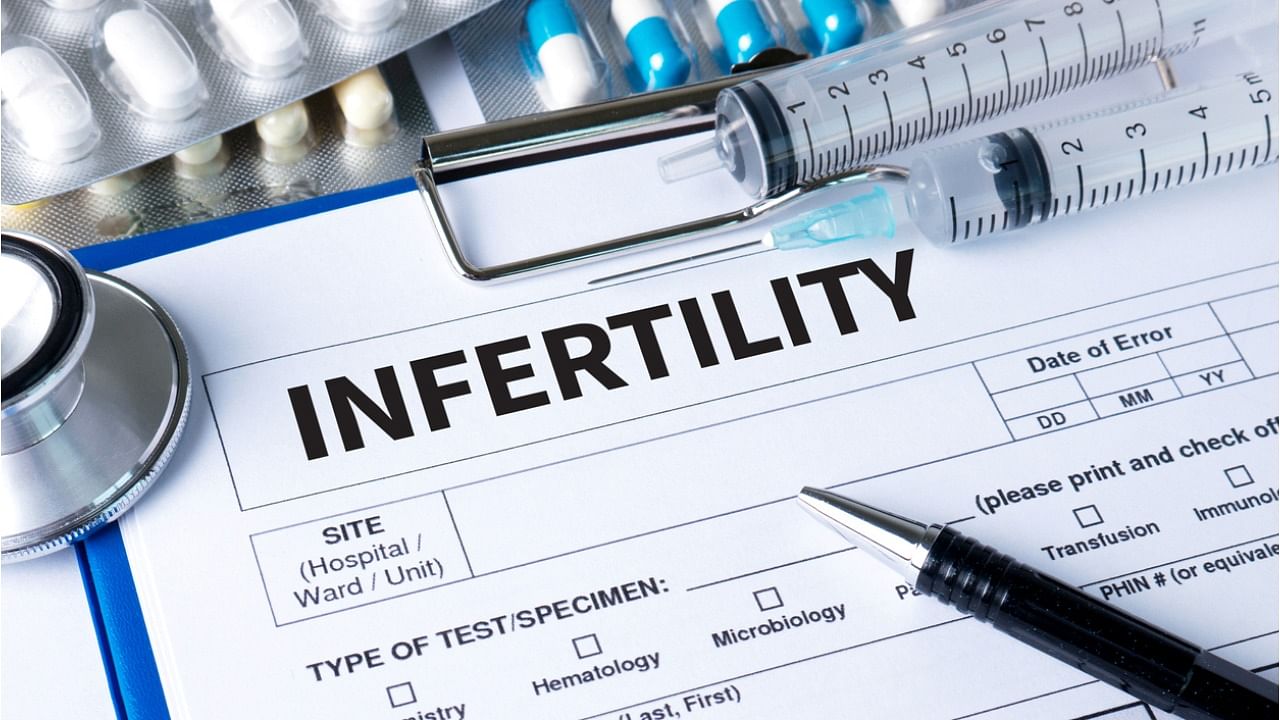
Covid-19 infection can adversely impact male fertility by dysregulating vital genes and proteins involved in male reproduction, according to a study by Jaslok Hospital and Indian Institute of Technology-Bombay.
The first-of-its-kind study research conducted by Dr Firuza Parikh, Director of the Jaslok FertilTree International Fertility Centre & Director of Assisted Reproduction and Genetics at Jaslok Hospital along with Dr Sanjeeva Srivastava, Head of the Proteomics Lab at IIT-B, Mumbai.
This study has been published in the Journal of the American Chemical Society, according to a press statement released on Thursday.
The Covid-19 pandemic was initially perceived as one primarily affecting the respiratory system. As it progressed, cardiac and neurological symptoms came to the fore, while now a recent study shows it affects the male reproductive system.
The research team analysed semen samples from 10 healthy men and 17 men who had recently recovered from Covid-19. None of the men, ranging in age from 20 to 45, had a prior history of infertility.
The team found that recovered men had significantly reduced sperm count and motility, and fewer normally shaped sperm, than men who had not had Covid-19.
When the researchers analysed semen proteins using liquid chromatography-tandem mass spectrometry, they found 27 proteins at higher levels and 21 proteins at lower levels in Covid-19-recovered men compared with the control group.
The researchers said many of the proteins were involved in reproductive function. Two of the fertility-related proteins, semenogelin 1 and prosaposin, were present at less than half their levels in the semen of the Covid-19-recovered group than in the semen of controls. These findings suggest that SARS-CoV-2 has direct or indirect effects on male reproductive health that linger after recovery.
“Since semen reflects the overall function of the male reproductive system, this derangement of important parameters is indicative of long-term damage that the SARS-Cov-2 virus can cause on the male reproductive system,” said Dr Srivastava.